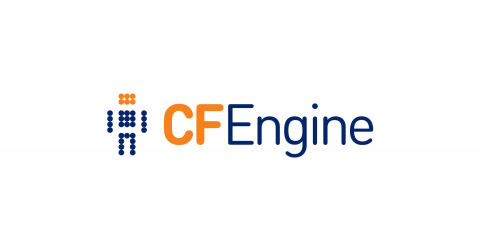Feature Friday #22: Don't fix, just warn
Did you know that CFEngine can simply warn about something not being in the desired state? Traditionally with CFEngine, you define your desired state and CFEngine works towards making that happen. Sometimes you might not want CFEngine to take action and instead warn that a given promise wants to change something. Let’s take a look at a contrived example.



